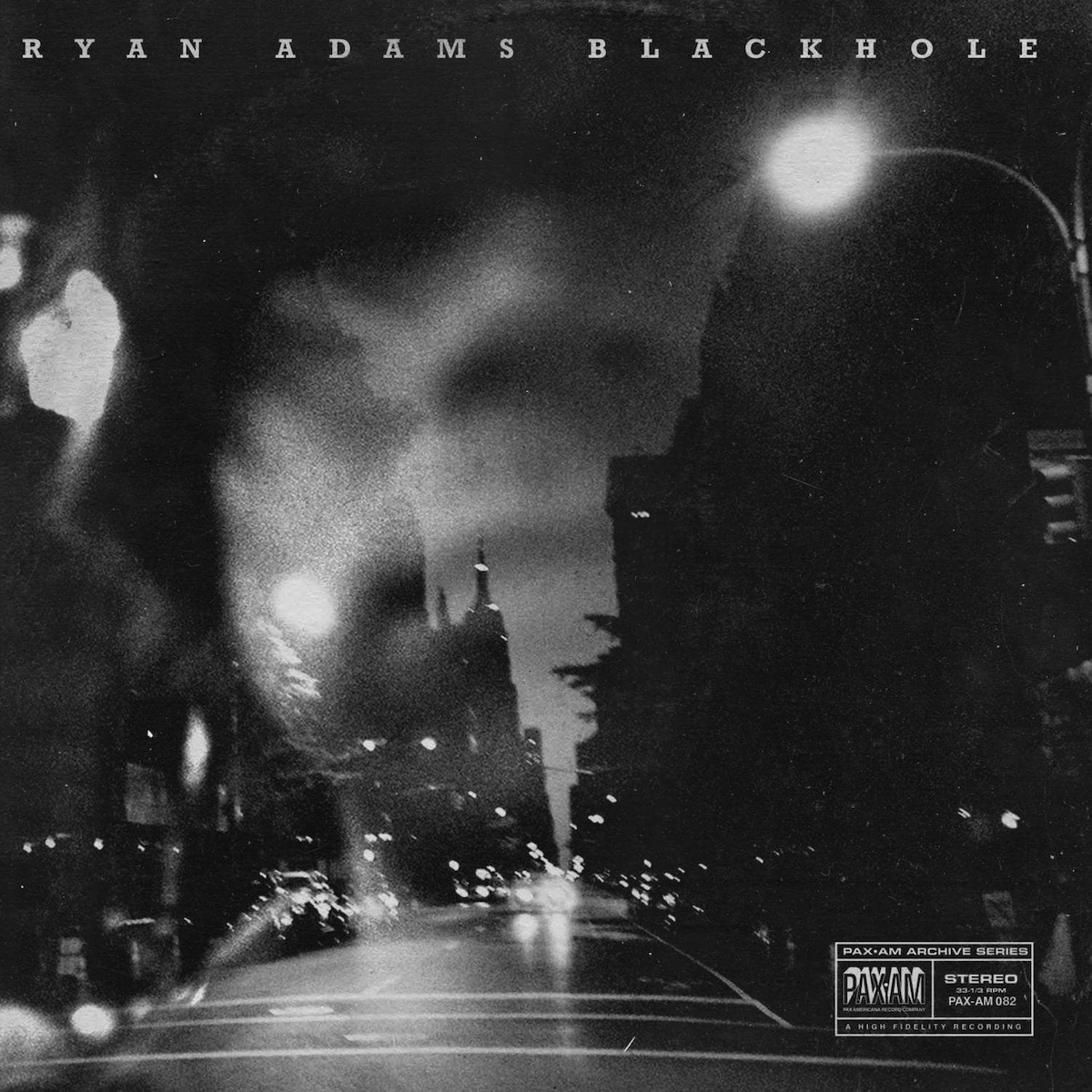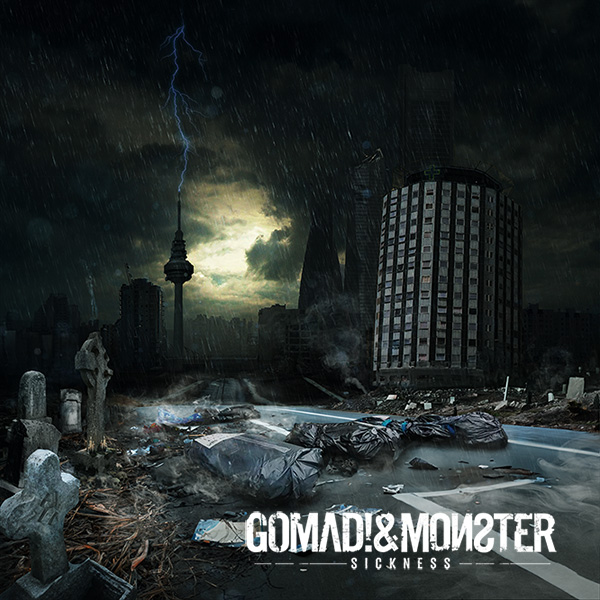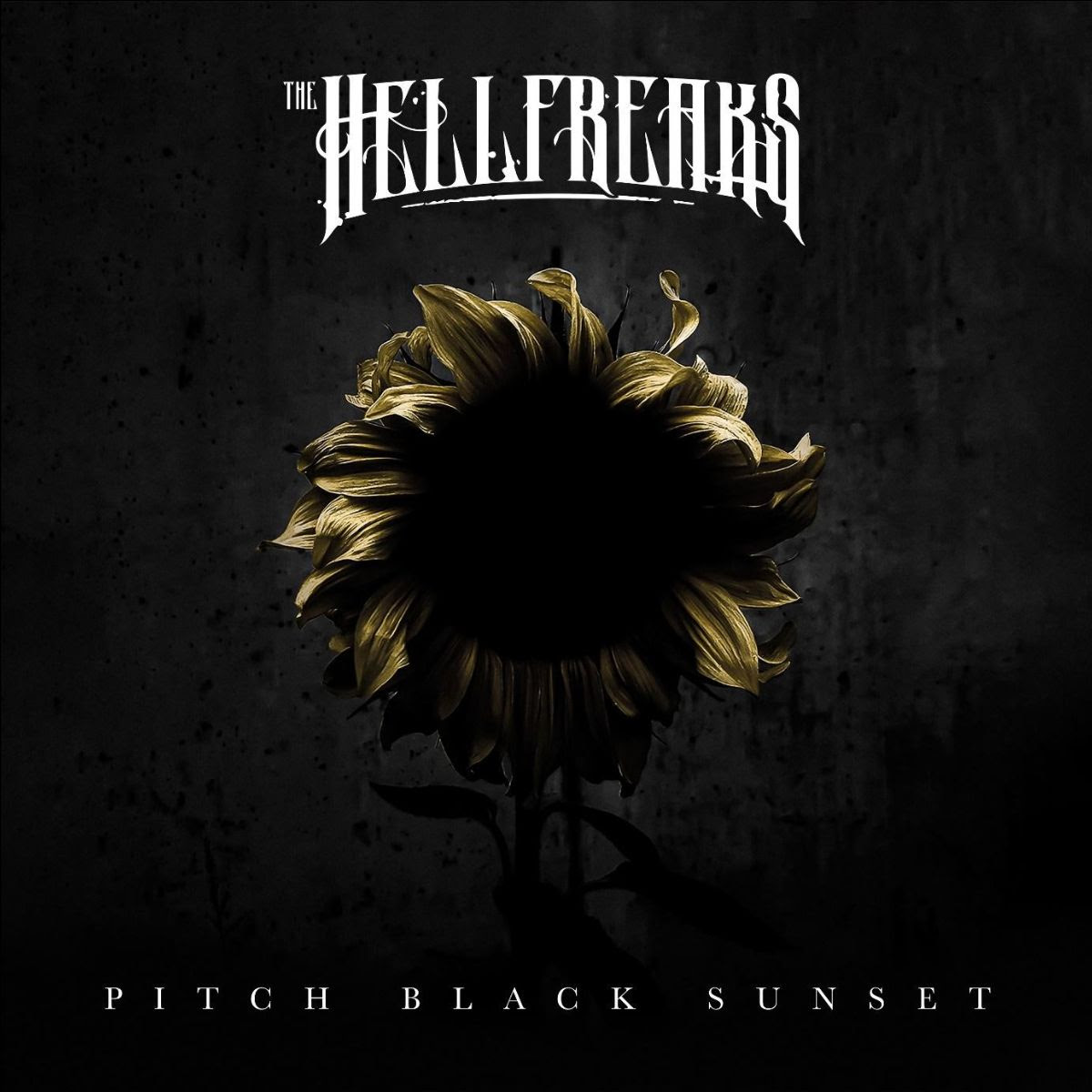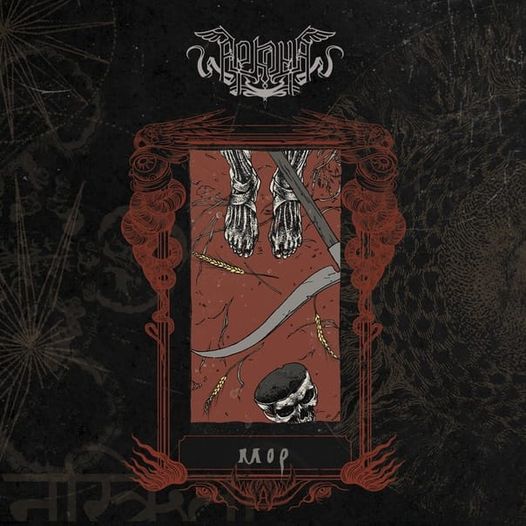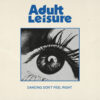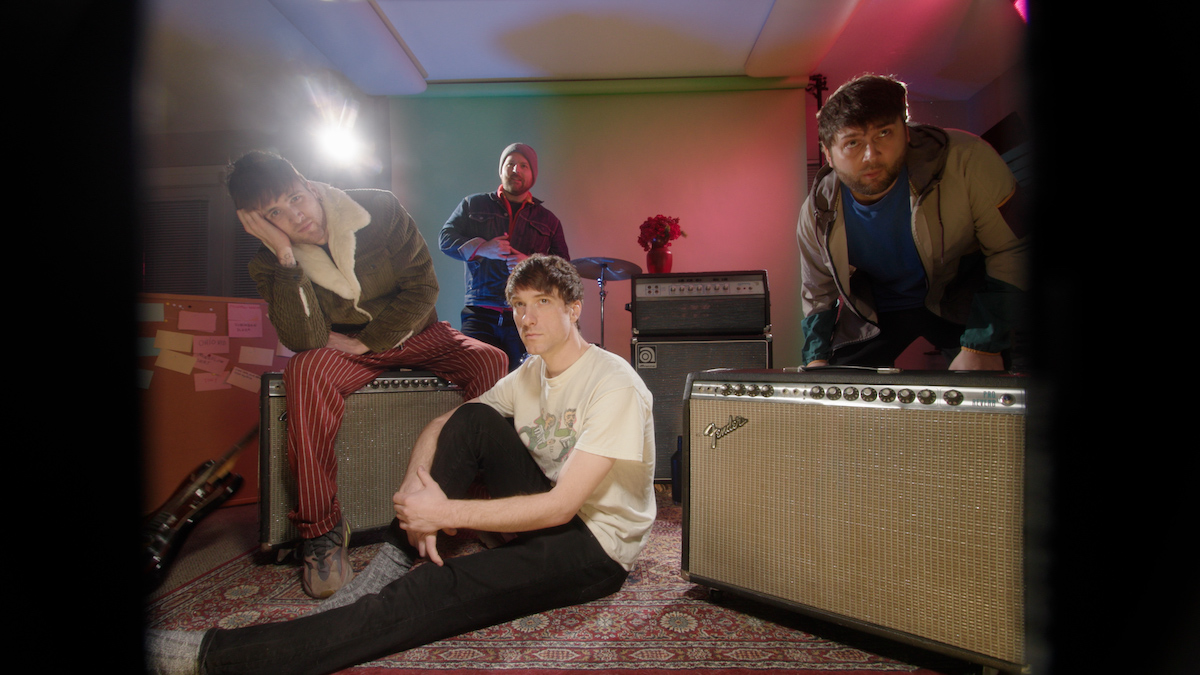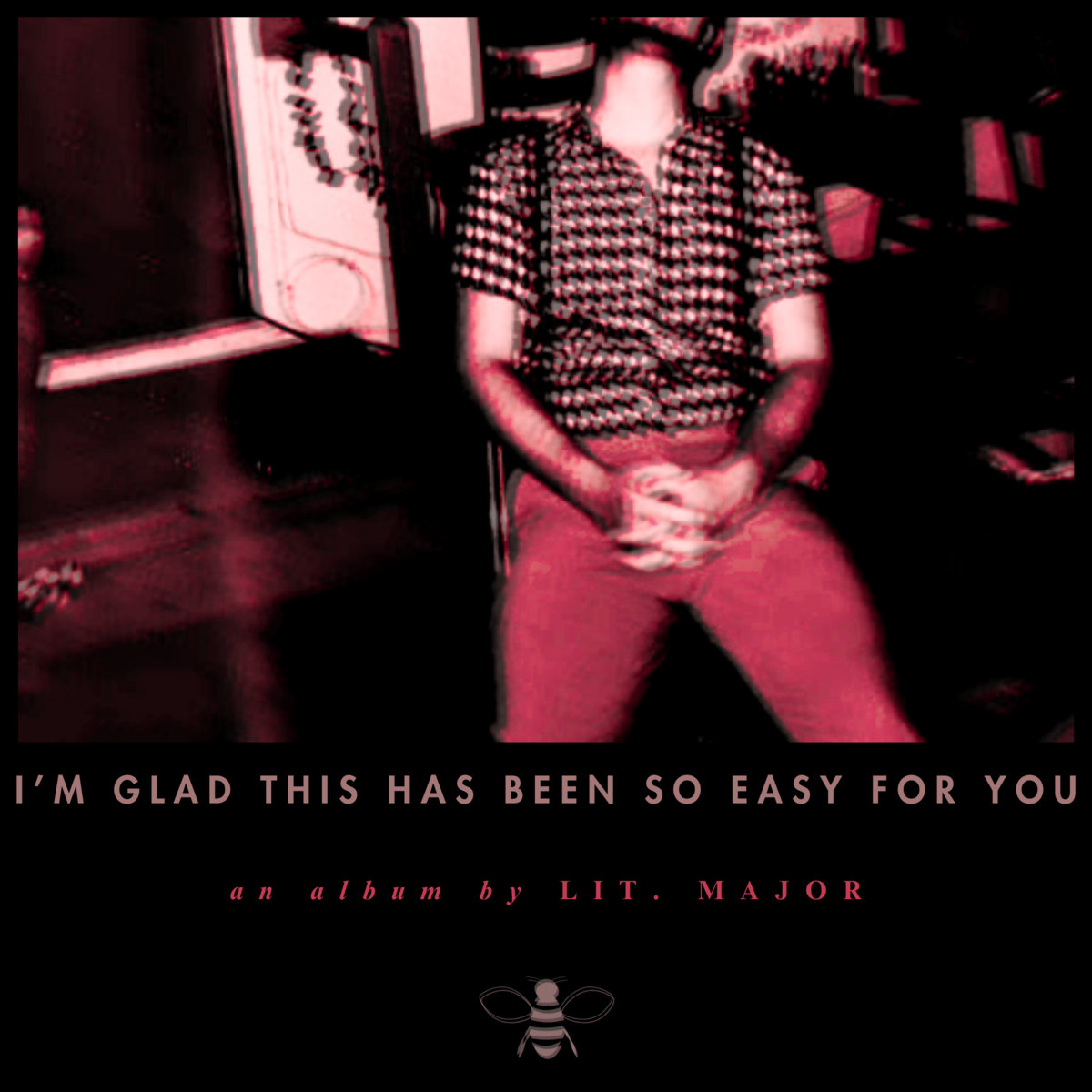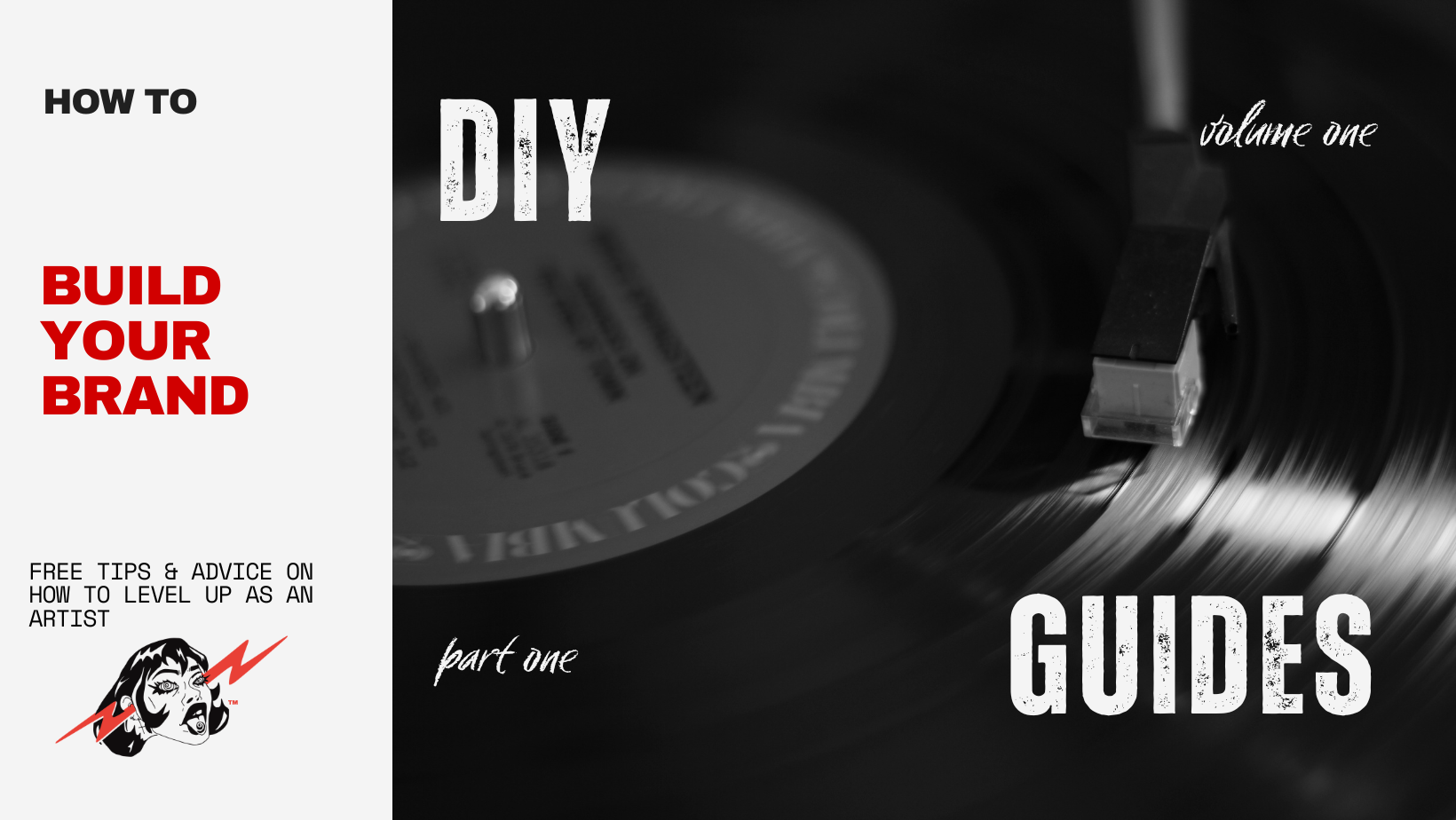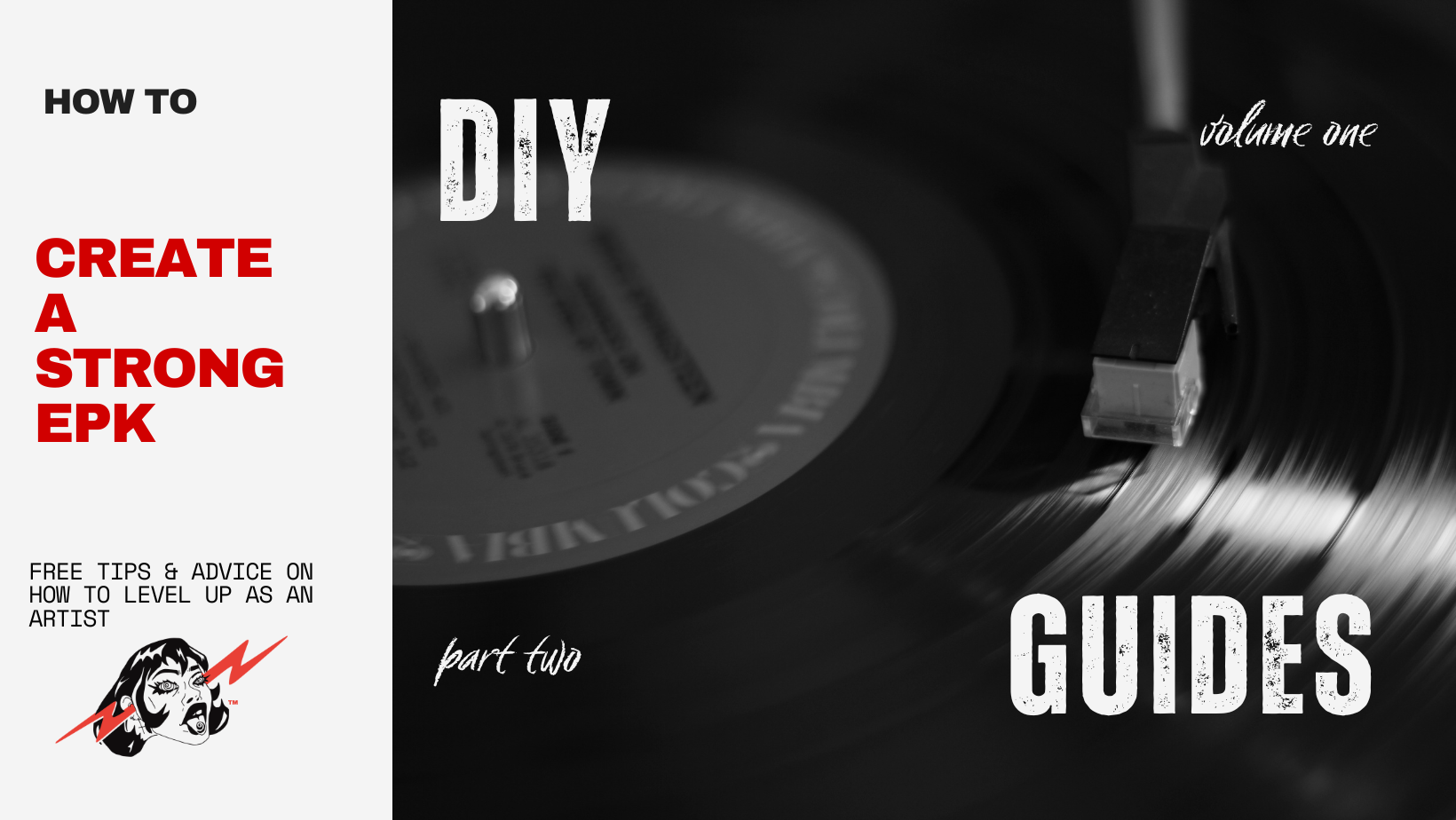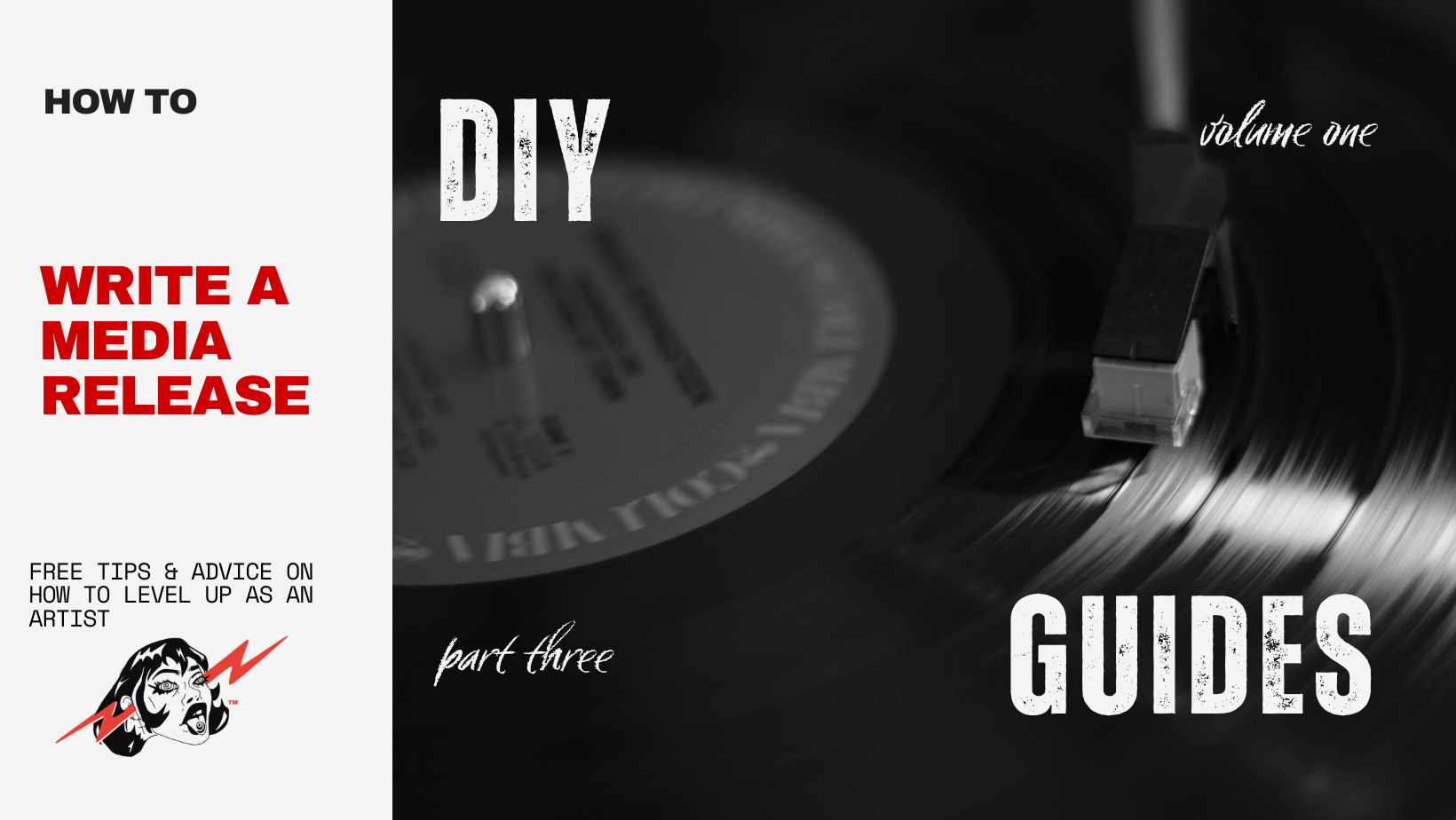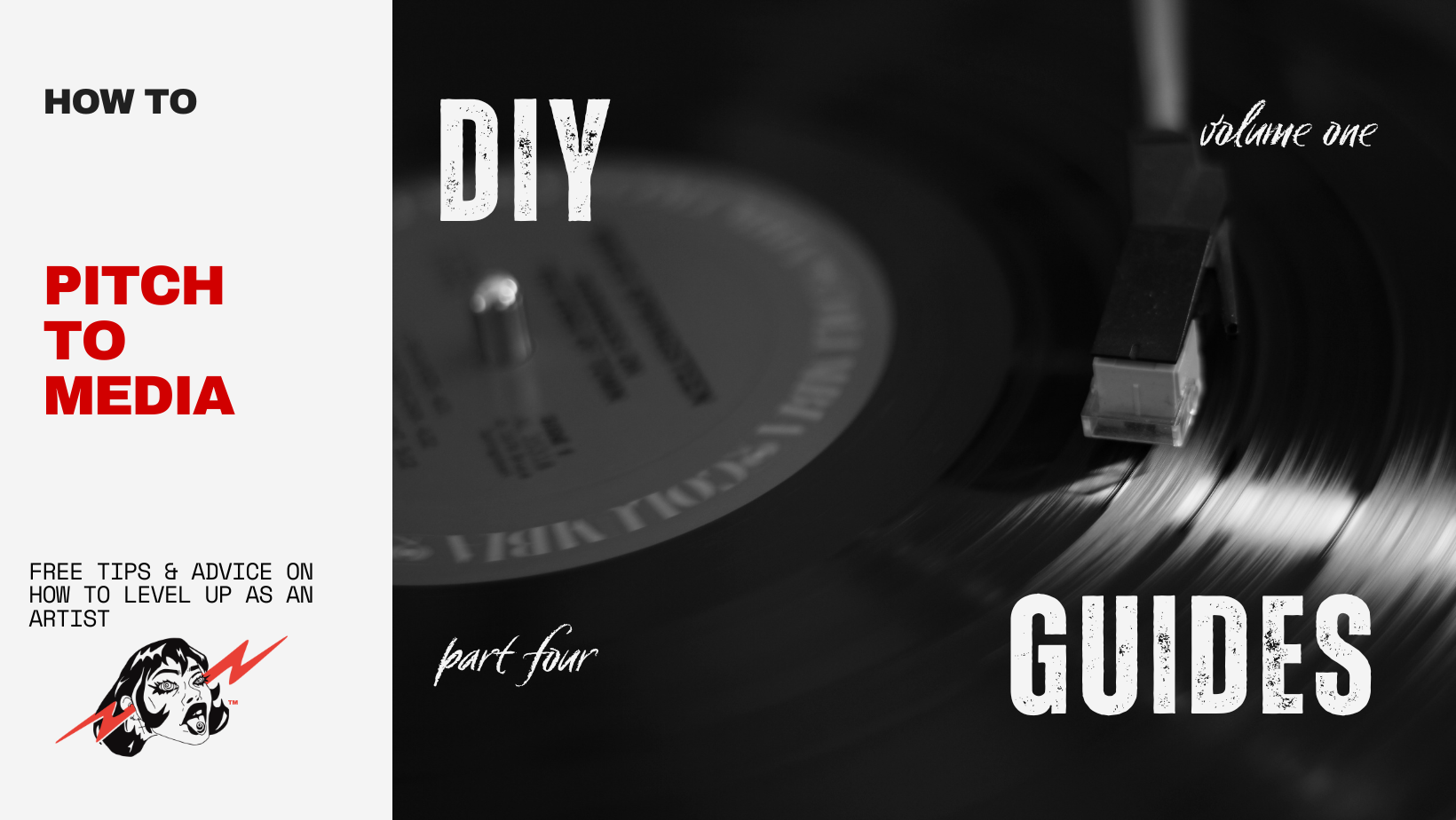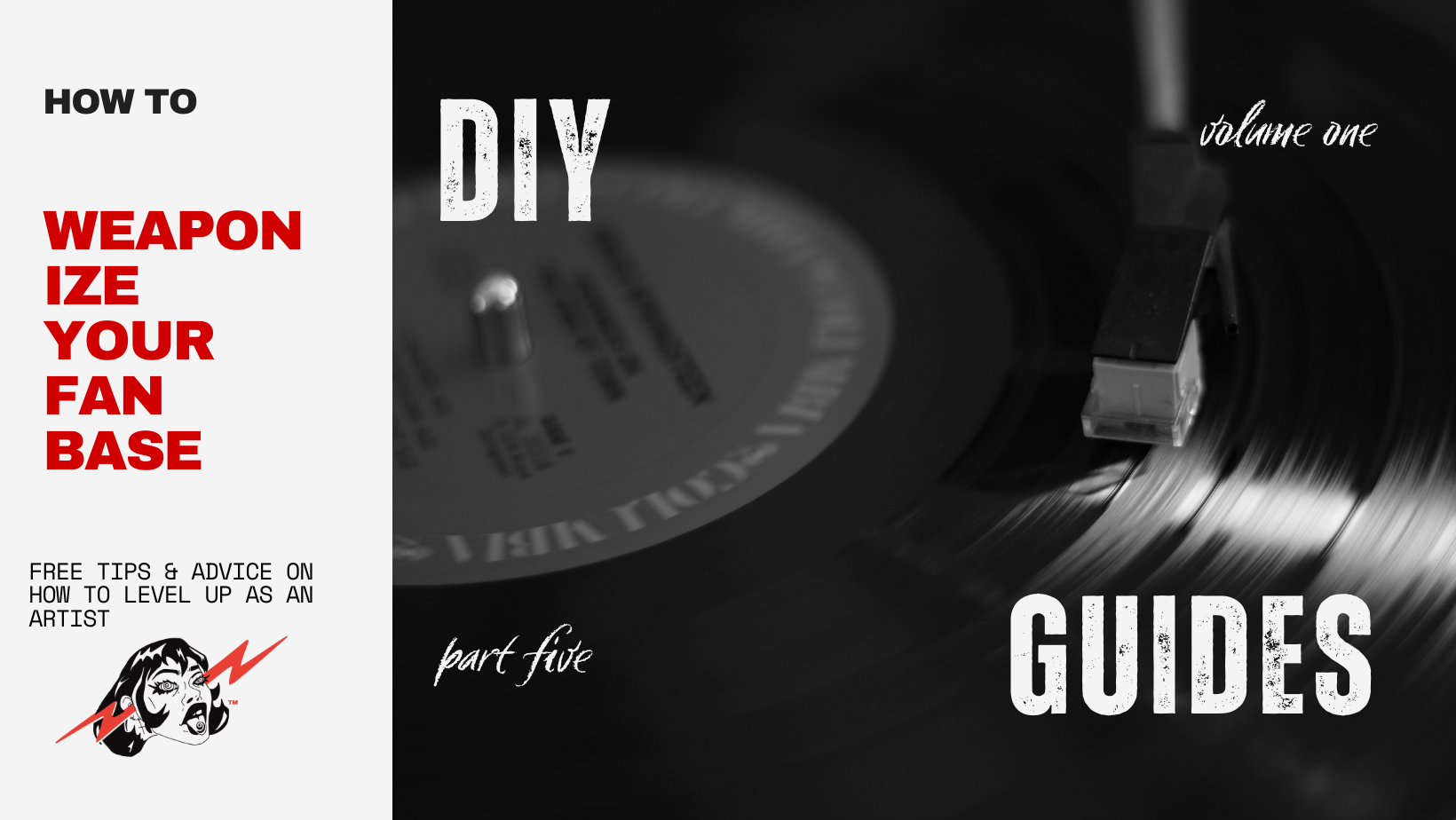For nearly two decades, fans of Ryan Adams have speculated, traded bootlegs, and anxiously waited for the official release of Blackhole. It’s an album that’s taken on a mythical status since its demo recordings surfaced in the mid-2000s. After years of demand, Ryan has finally pulled the curtain back on this cult classic, and what a moment it is. Blackhole feels like an unearthed relic of Ryan Adams at his rawest and most uninhibited, giving one a chance to witness the prolific artist’s creative process in its unfiltered glory.
The album opens with “The Door,” setting the stage with aching vocals that are unmistakably Ryan. His voice is as fragile and candid as ever, giving the track a sense of melancholy that is balanced by the steady pulse of the music. It’s a perfect introduction to the album’s blend of vulnerability and grit that runs throughout.
Next comes “Call Me Back,” where Ryan leans into a more driving rhythm with a vibe reminiscent of The Beatles’ early work, but with that signature Ryan Adams edge. The catchy hooks and upbeat energy feel like a departure from the mournful tones of the opener by offering a sense of movement and urgency. As the track progresses, the rolling drums and punchy guitars make it clear that this is Ryan at his best: unpredictable, energized, and fully in control.
A cut that immediately stands out for its searing guitars and infectious, uptempo beat, “Help Us” feels like a call to action. It’s filled with a frantic intensity that propels one forward, even as the guitars almost seem to pull in all directions. It’s wild, reckless, and thoroughly captivating and a prime example of Ryan’s ability to write in the moment, capturing both the chaos and clarity of his creative vision.
In contrast, “Likening Love to War” brings us back to the achingly personal side of Ryan’s songwriting. The track’s slow, deliberate pace and hauntingly raw vocals give the song an emotionally charged weight. By giving the track a feeling of fragility that is hard to ignore, there’s a palpable sense of struggle in his voice, which cuts through the music yet holds one tightly in its grip.
“Starfire” picks up the pace once again, this time with a fast, almost rushed tempo that somehow manages to feel controlled. It’s frenetic and urgent, yet there’s a fluidity in the way Ryan and his band navigate the song’s twists and turns. The quick transitions between verses and choruses create an almost dizzying effect, but it’s in this rush that Ryan finds a unique kind of beauty. One that is a sense of youthful abandon mixed with careful craftsmanship.
The dreamy “Just You Wait” creates a sonic landscape that feels like it could easily drift into the ether. The slower, hypnotic layers of sound here provide a lovely contrast to the high-octane tracks that came before it. It’s a moment of serenity and a brief respite from the tension and intensity thatLBUM characterizes much of Blackhole.
Just as the album starts to feel a bit introspective, Ryan shifts gears with “For the Sun,” a vibrant track that practically bursts with energy. The guitars here have a sun-soaked quality, giving the track a lighthearted, carefree feel. It’s the kind of song you want to play with the windows down on a perfect summer day. It’s a moment of joy and exuberance, a reminder that even in the midst of sorrow and uncertainty, there’s always room for optimism.
“Catherine,” a song long-coveted by fans who had only ever heard it in live performances, is a standout on the album. It’s pure Ryan Adams. Raw, emotional, and unapologetically himself. The track has a certain ache that’s unique to his style, with a beautiful melancholy that lingers in the spaces between the lyrics and melodies.
With infectious bass and tight rhythms that pull one into its groove from the first note, “Tomorrowland” oozes confidence and is a perfect blend of Ryan’s signature sound with an undeniable sense of musicality.
With a bassline that practically dances through the track, “Runaway” continues in a similar vein of its predecessor. There is a sense of lightness even as the song stays rooted in its rhythmic intensity. The combination of tight beats and Ryan’s inimitable voice makes this one of the album’s most captivating moments.
The final track, “When I Smile,” offers a refreshing shift with a ska-esque groove. The effervescent, airy feel of the song provides a sense of closure, wrapping up Blackhole on a note of musical lightness and joy. It’s a perfect bookend to the album’s emotional range, bringing things full circle with a rhythm that feels almost freeing.
Blackhole is an album that reveals Ryan Adams at his most uninhibited. The official release of Blackhole is more than a moment for die-hard fans but a celebration of Ryan Adams as one of the most prolific artists of his time. His ability to straddle genres, experiment with sound, and create songs that resonate so deeply is fully on display here. The fact that Blackhole was shelved for so long only underscores the depth of Ryan’s catalog; even his “lost” work stands among his best.
For fans who have been clamouring for an official release for years, Blackhole delivers exactly what they hoped for – a snapshot of an artist at his peak, unfiltered and unguarded. And for those unfamiliar with the mythology surrounding this album, Blackhole serves as a thrilling introduction to one of Ryan Adams’ most exciting and unpredictable periods of songwriting. Either way, Blackhole is a rediscovered treasure and a timeless piece of music that, after years of waiting, is finally where it belongs.

